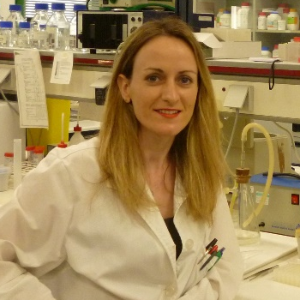Cancer cytopathology is a specialized field within pathology that focuses on the microscopic examination of individual cells obtained from various body tissues to diagnose and characterize cancerous conditions. It plays a pivotal role in early cancer detection, allowing for accurate diagnosis, prognosis, and treatment planning. Utilizing techniques such as fine-needle aspiration (FNA) or exfoliative cytology, cytopathologists analyze cellular morphology, structure, and abnormalities to identify cancerous cells and distinguish them from normal or benign cells. This non-invasive approach provides valuable insights into the nature and progression of cancer, guiding clinicians in developing tailored and timely therapeutic strategies.
Cancer cytopathology serves as a frontline diagnostic tool, offering a rapid and minimally invasive means of evaluating suspicious lesions or masses. Through FNA, a thin needle is used to extract cellular material from a tumor or affected area, and this sample is then examined under a microscope. The interpretation of cellular features, including nuclear morphology, cytoplasmic characteristics, and overall architecture, enables cytopathologists to identify malignancies, determine tumor types, and assess the degree of cellular differentiation. The precision and efficiency of cancer cytopathology contribute significantly to early intervention, ultimately enhancing patient outcomes in the diagnosis and management of various cancers.






